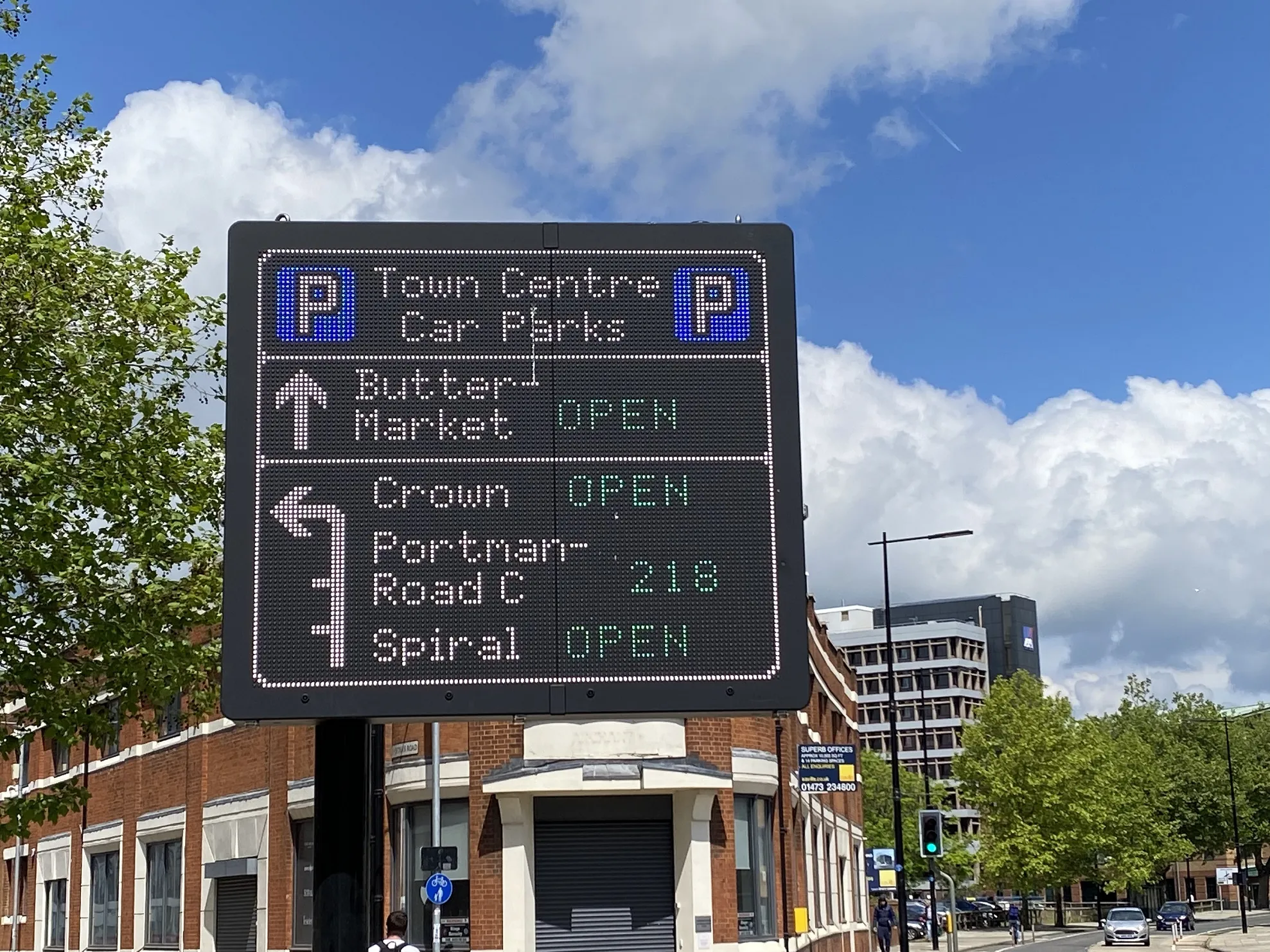With the number of heavy goods vehicles on Germany’s roads growing, German automobile association ADAC reports that most truck drivers struggle to find parking up to six times a week. Another study finds there is already a shortfall of almost 11,000 truck parking spaces across the country’s autobahn network.
However, new truck parking information system which provides real-time data on parking space occupancy at rest areas is now available to help drivers plan ahead and aim for a specific parking locatio
June 5, 2015
Read time: 2 mins
With the number of heavy goods vehicles on Germany’s roads growing, German automobile association ADAC reports that most truck drivers struggle to find parking up to six times a week. Another study finds there is already a shortfall of almost 11,000 truck parking spaces across the country’s autobahn network.
However, new truck parking information system which provides real-time data on parking space occupancy at rest areas is now available to help drivers plan ahead and aim for a specific parking location, reducing the need for emergency parking in unsuitable locations.
The first pilot project in Germany went live in May on the A9 autobahn between Nuremberg and Munich. Working on behalf of the Bavarian Ministry of the Interior for Building and Transport,189 Siemens installed the intelligent truck parking information system at 14 of a total of 21 rest areas, providing almost 600 parking spaces.
The system delivers information on available parking spaces at rest areas and truck stops directly into the lorry cab. Laser scanners installed adjacent to the road at the rest area entrance and exit measure vehicle height and width. Additional sensors incorporated into the road surface determine speed, length and direction of travel and the information collected from the two different types of device can then be combined to count and classify the vehicles concerned precisely.
Occupancy data is transmitted to the freeway management traffic and operations centres continuously via Siemens link stations. Truck drivers can access the information via radio, free apps and the BayernInfo traffic information portal.
"The intelligent sensor system helps to make more efficient use of the existing parking spaces at rest areas," explains Siemens project manager Franz Pelzer. The new technology enables truck drivers to plan their rest periods better, in the process increasing safety for all road users.”
However, new truck parking information system which provides real-time data on parking space occupancy at rest areas is now available to help drivers plan ahead and aim for a specific parking location, reducing the need for emergency parking in unsuitable locations.
The first pilot project in Germany went live in May on the A9 autobahn between Nuremberg and Munich. Working on behalf of the Bavarian Ministry of the Interior for Building and Transport,
The system delivers information on available parking spaces at rest areas and truck stops directly into the lorry cab. Laser scanners installed adjacent to the road at the rest area entrance and exit measure vehicle height and width. Additional sensors incorporated into the road surface determine speed, length and direction of travel and the information collected from the two different types of device can then be combined to count and classify the vehicles concerned precisely.
Occupancy data is transmitted to the freeway management traffic and operations centres continuously via Siemens link stations. Truck drivers can access the information via radio, free apps and the BayernInfo traffic information portal.
"The intelligent sensor system helps to make more efficient use of the existing parking spaces at rest areas," explains Siemens project manager Franz Pelzer. The new technology enables truck drivers to plan their rest periods better, in the process increasing safety for all road users.”









